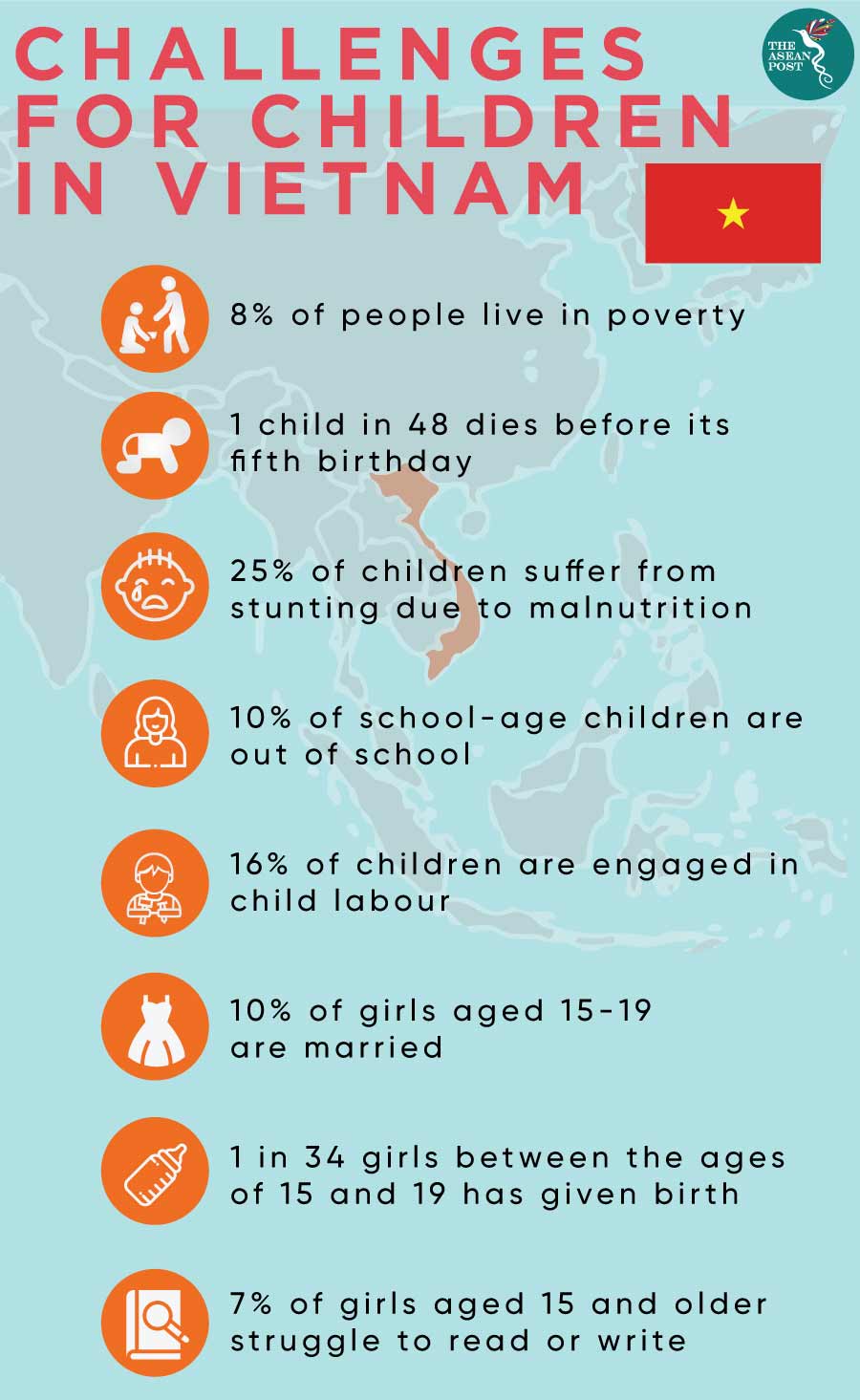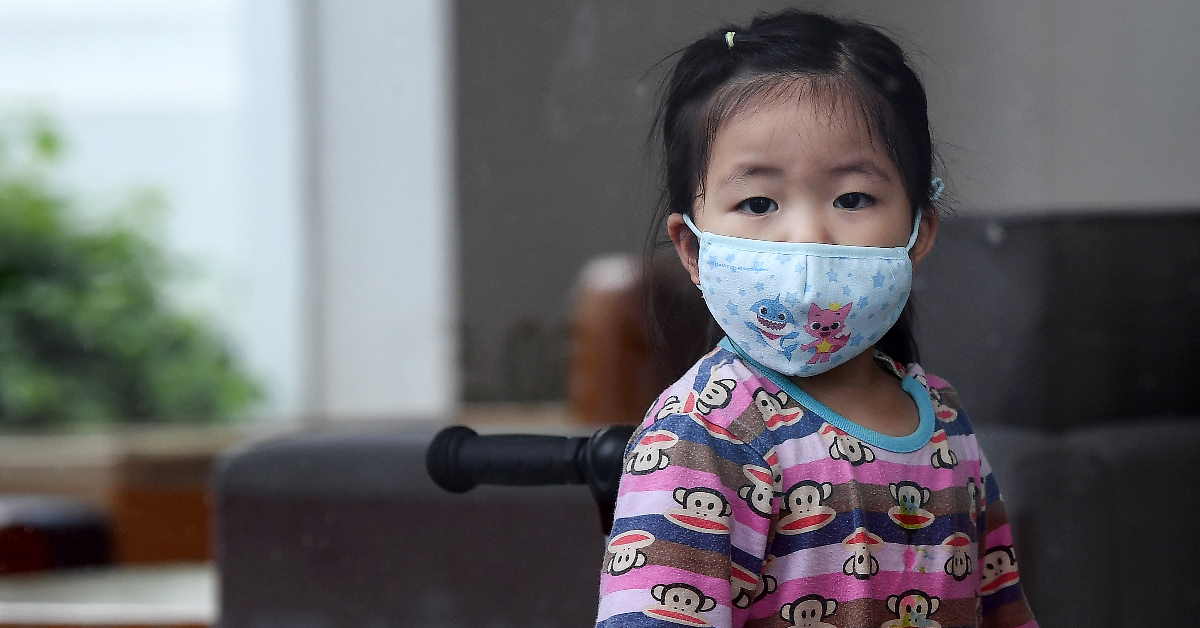Despite the low rate of confirmed cases of the novel coronavirus (COVID-19) in Vietnam since 10 March 2020, Vietnamese schools remain shut and the country is feeling the pinch on its socio and economic development. Aide et Action, an international non-profit organisation, is working closely with schools in impacted areas to ensure the interests of the most marginalised children are put first.
Currently, there have been 32 cases of COVID-19 confirmed in Vietnam, which is about 0.026 percent of the number of cases (119,284) confirmed by the World Health Organisation (WHO) globally. In line with the WHO’s declaration of the virus as a global health emergency, Vietnam has issued Decision No.173.QD-TTg, declaring the virus an epidemic.
To reduce the risk of infection from what is now categorised as a Group A infectious disease, the Vietnamese government has implemented a series of measures including shutting schools and universities, restricting crowded activities such as festivals and conferences, halting direct flights to mainland China and suspending cross-border trade between Vietnam and China. In remote and rural provinces such as Lai Chau, which borders China in northwest Vietnam, the impact of these measures is already taking a toll.
Aide et Action has been working in Lai Chau province since 2016 to increase access to quality Early Childhood Care and Education (ECCE) for ethnic minority children. With the closure of schools confirmed until mid-March, Inès Provoost, Aide et Action Southeast Asia Regional Project Officer, fears it is the most marginalised children that will be impacted the most.

“Since both pre- and primary schools are closed in our project areas, young children are staying home and with their parents often having to work in the fields, many may be left in the care of their siblings, grandparents or other caregivers who may lack the necessary awareness and educational and language skills to support children's early learning at home”, explained Inès. “While the government has officially closed schools throughout February, this may extend to the end of March depending on the situation”, she added.
These measures, while putting the health and well-being of the country’s citizens first, are also having an economic impact. It is estimated that gross domestic product (GDP) will slow by 0.53 percent from 6.8 percent to 6.27 percent, and agricultural exports could fall by as much as US$800 million if the epidemic continues. In Lai Chau province, where the majority of inhabitants rely on agriculture for a living, families are already struggling to put food on the table.
“Restrictions on trade and gatherings mean some families are not able to purchase fish, meat and even eggs in some instances”, said Huong Tong, Aide et Action’s Vietnam Project Manager. Aide et Action’s previous activities in the area focused on nutrition education and while some food sources may be limited at the moment, the organisation hopes that the education parents have received to date will enable them to make the best choices given the circumstances.
Aide et Action’s activities are currently paused due to travel restrictions but the organisation is working with local schools and teachers in villages in Lai Chau to mitigate the impact of emergency measures where possible.
“We are in regular contact with schools to support them in providing guidance to children and families to promote learning at home”, said Huong. At the primary school level, teachers are sharing lesson plans with children and regularly checking in through phone calls, social networks and household visits if feasible.
While the emergency measures are impacting education and livelihoods, Aide et Action believes that the groundwork it has done over the years will benefit the impacted communities. “We believe that the positive impact our awareness-raising and capacity-building activities has had on caregivers to date will be lasting and allow young children to be supported and stimulated at home during this sensitive period before going back to school”, said Inès.
Some emergency measures are due to lift this month with secondary schools set to open in March. Government leaders in Ho Chi Minh city proposed extending public school closures throughout March and using what is usually a summer break to make up for the lost semester. That means that this year, the school year will extend by a month into June to ensure the full year’s curriculum is taught. When classes do resume, local authorities will be required to follow directions from Vietnam’s Ministry of Health to ensure a safe environment for all students. Aide et Action is monitoring the situation closely, ready to be on-hand to advise schools on best practices for the safety and well-being of children.
Aide et Action is an international non-profit working in 19 countries around the world supporting the development of sustainable education projects. Aide et Action has been working in Southeast Asia since 2003 and has projects across Cambodia, Lao PDR and Vietnam. Aide et Action ensures access to quality education for the most vulnerable and marginalised populations, especially children, so they can take charge of their own development and contribute to a more peaceful and sustainable world.
Related articles:

